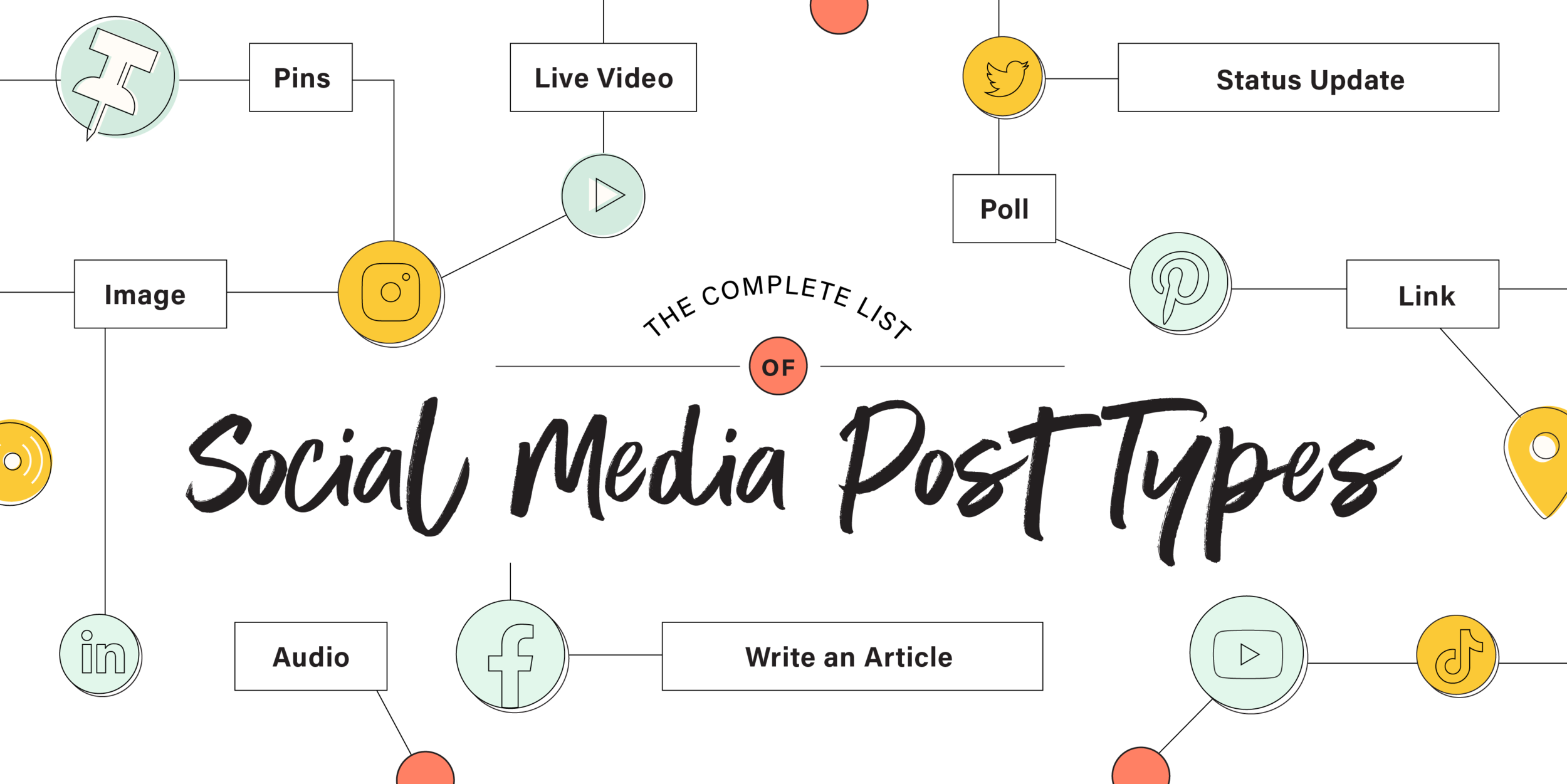Social media has become a vital part of marketing strategies for businesses of all sizes. With billions of people active on platforms like Facebook, Instagram, LinkedIn, Twitter, and TikTok, businesses have a unique opportunity to reach a broad audience, build brand awareness, and engage with their customers directly. However, managing social media effectively can be a complex and time-consuming task. Whether you’re a small business owner or part of a large marketing team, it’s crucial to understand social media management and how it can benefit your brand. Here are some frequently asked questions (FAQs) about social media management that will help you understand its importance and how to make the most out of it.
1. What is social media management?

Social media management refers to the process of creating, curating, and managing content across social media platforms to engage with an audience, build a brand, and drive marketing goals. This includes activities such as posting content, responding to customer enquiries, running ad campaigns, analysing performance metrics, and building relationships with followers.
Effective social media management involves not only crafting compelling content but also understanding the target audience, tracking engagement, and continuously optimising strategies. It requires an integrated approach to ensure consistency across platforms and alignment with the overall business goals.
2. Why is social media management important?

Social media management is essential for businesses looking to thrive in today’s digital world. A strong social media presence can help build brand awareness, increase traffic to your website, and generate leads or sales. Here’s why social media management is crucial:
- Audience Engagement: Social media provides a platform for direct communication with your audience. By responding to comments, messages, and reviews, you can build trust and loyalty.
- Brand Recognition: Regular and consistent posting helps keep your brand top of mind for your followers and reinforces brand recognition.
- Market Insights: Through social media analytics, you can gather valuable insights into customer preferences, behaviours, and trends that can inform future marketing strategies.
- Lead Generation and Sales: Social media allows businesses to target specific demographics, making it easier to generate leads and drive conversions.
3. What Does a Social Media Manager Do?

A social media manager is responsible for overseeing and executing a brand’s social media strategy. The job entails several tasks, including:
- Content Creation: Designing graphics, writing copy, and creating videos that align with the brand’s messaging and goals.
- Scheduling and Posting: creating a content calendar and ensuring posts are made regularly and at optimal times.
- Community Engagement: Interacting with followers, responding to comments and messages, and building relationships with customers.
- Monitoring Analytics: Tracking key performance metrics such as engagement rates, follower growth, and conversions to assess the success of campaigns.
- Paid Advertising: Running and managing paid social media ads to increase visibility and drive traffic.
A social media manager plays a crucial role in ensuring that all social media activities are in line with business objectives and brand identity.
4. How Often Should You Post on Social Media?

There is no one-size-fits-all answer to this question, as the optimal posting frequency depends on various factors, including the platform, the industry, and your audience’s preferences. However, here are some general guidelines:
- Facebook: Once or twice a day.
- Instagram: Once a day for organic posts, and up to five stories per day.
- Twitter: Multiple times a day (at least 3-5 posts).
- LinkedIn: 3-5 times per week for business content.
- TikTok: At least once a day to stay relevant.
The key is consistency. Posting regularly ensures that your brand remains visible in users’ feeds without overwhelming them. It’s essential to find a balance between frequency and content quality.
5. What Types of Content Should Be Posted on Social Media?

Content is at the heart of social media management. The type of content you post should align with your brand’s voice, target audience, and business objectives. Common types of content include:
- Informational Content: Educational posts, tips, and blog links that provide value to your audience.
- Promotional Content: Posts that promote products, services, or special offers.
- User-Generated Content: Sharing content created by your customers, such as reviews, testimonials, or photos of them using your products.
- Behind-the-scenes content: showcasing the people and processes behind your brand, such as team activities, events, or product development.
- Interactive Content: polls, quizzes, or Q&A sessions that engage your audience and encourage participation.
- Visual Content: high-quality images and videos that capture attention and convey your message effectively.
By diversifying the content you share, you can keep your audience engaged and attract different types of followers.
6. How Do You Measure the Success of Social Media Management?

Measuring success is essential for understanding whether your social media efforts are paying off. Common metrics to track include:
- Engagement: Likes, comments, shares, and retweets. High engagement indicates that your content resonates with your audience.
- Reach and Impressions: These metrics show how many people have seen your content, which helps gauge brand visibility.
- Follower Growth: Tracking how your follower count increases over time can indicate the effectiveness of your content and strategy.
- Click-Through Rates (CTR): This shows how many users clicked on links in your posts, which is crucial for tracking traffic to your website.
- Conversions: Whether the goal is to increase sales, sign-ups, or downloads, tracking conversions is essential for measuring ROI.
Using social media analytics tools like Facebook Insights, Instagram Analytics, and Google Analytics can help track these metrics and optimise your strategy.
7. Should You Outsource Social Media Management or Do It In-House?

Both options—outsourcing and managing social media in-house—have their advantages, and the decision largely depends on your business’s resources, size, and needs.
- Outsourcing: Hiring a social media management company or freelancer provides access to experienced professionals who specialise in content creation, strategy, and analytics. This is ideal for businesses that lack the time or expertise to manage their social media in-house.
- In-House: If your team has the necessary skills and resources, managing social media internally may offer more control and a deeper understanding of your brand’s voice. It’s also more cost-effective if you already have a dedicated marketing team.
8. How Do You Handle Negative Feedback or Complaints on Social Media?

Handling negative feedback on social media is crucial for maintaining your brand’s reputation. Here are some tips:
- Respond Quickly: Address the issue as soon as possible to prevent escalation.
- Be Professional: Keep the tone respectful, empathetic, and professional.
- Offer a Solution: Try to resolve the issue privately, such as offering a refund, replacement, or further assistance.
- Acknowledge Mistakes: If your business made an error, apologise publicly and outline how it will be corrected.
Transparency and customer service are key to turning negative experiences into positive ones.
Conclusion
Social media management is a powerful tool that helps businesses connect with their audience, build brand loyalty, and drive growth. However, it requires consistent effort, creativity, and analysis to succeed. Whether you’re managing social media in-house or outsourcing it to a professional, understanding the essentials of social media management will help you make the most of these platforms. By staying active, engaging with your audience, and continuously optimising your strategy, you can harness the full potential of social media to benefit your business.
